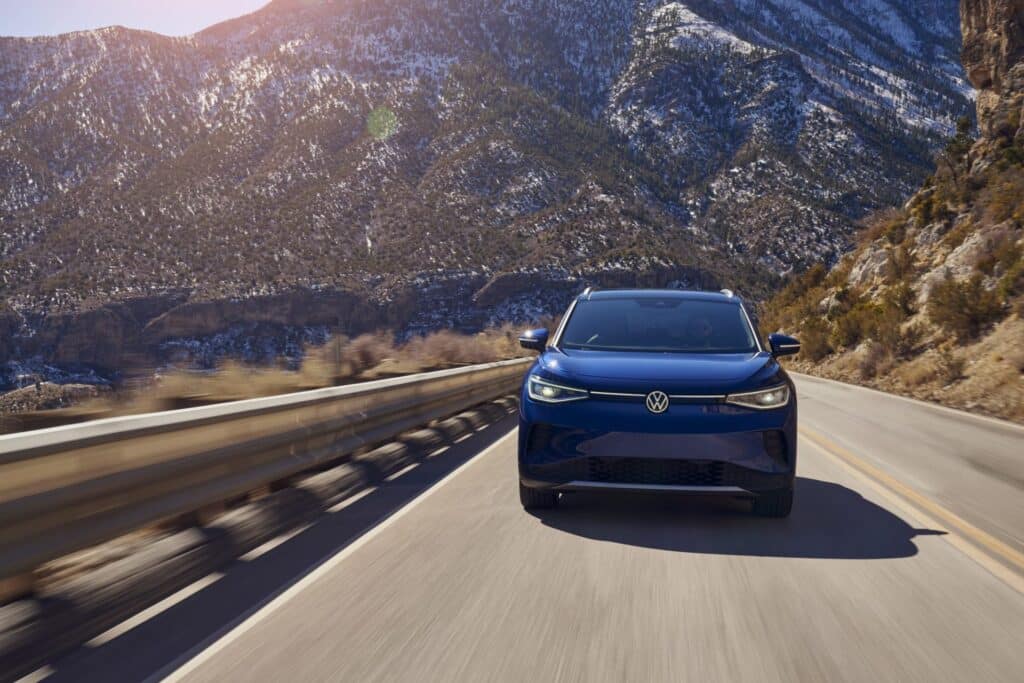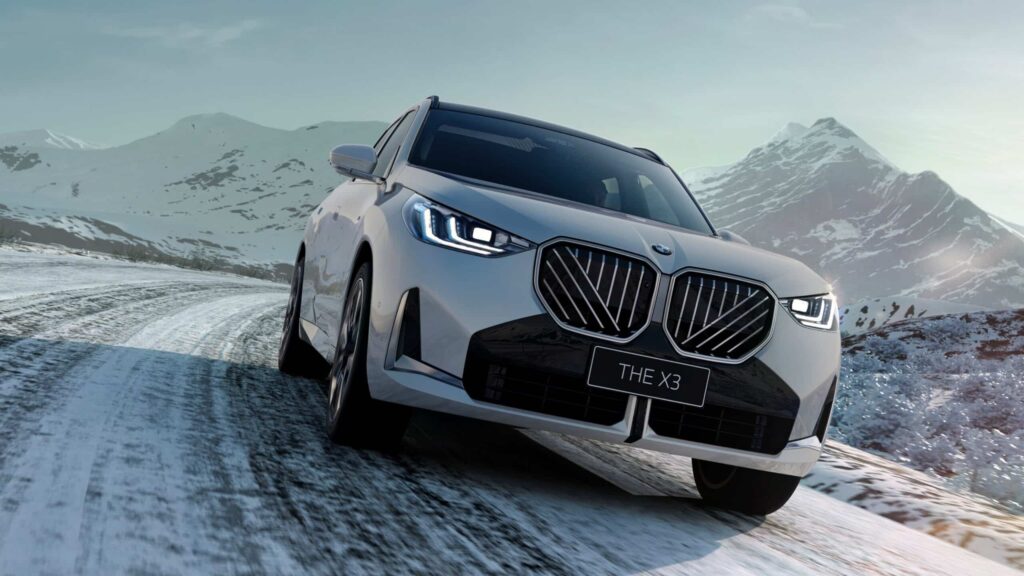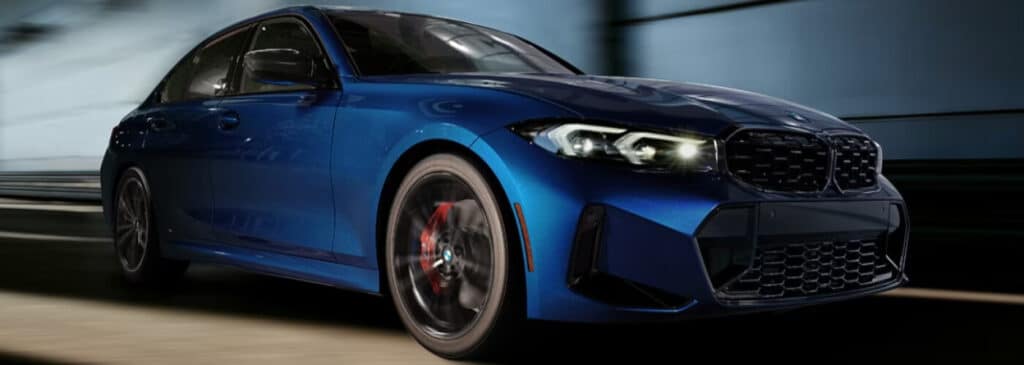
“I can’t recommend this service enough. Cartelligent helped us in each step of the process, providing unbiased opinions, helpful information and valuable insights. Christian was wonderful and available to answer all our questions. The ROI of this service is very high.”
Gabriela Belo
“Incredible service from start to finish. Ethan made what is typically a stressful experience into one of the most simple transactions I’ve had…Walked us through every step and made sure any features we wanted were taken care of and at the best price possible. I absolutely recommend taking advantage of this option when you are looking for your next car. “
Nick McCarthy
“I cannot recommend Cartelligent and Ethan Sparrow enough. An excellent experience of buying a new car and selling my old one. So simple. All completed within four days. All of the paperwork simply completed and they were able to make a super deal on the price of my new car. Couldn’t be happier. This is a service that takes the anxiety out of car buying and selling while also saving you money. Hard to beat that!”
Robert Britton
“I can’t recommend this service enough. Cartelligent helped us in each step of the process, providing unbiased opinions, helpful information and valuable insights. Christian was wonderful and available to answer all our questions. The ROI of this service is very high.”
Gabriela Belo
“Incredible service from start to finish. Ethan made what is typically a stressful experience into one of the most simple transactions I’ve had…Walked us through every step and made sure any features we wanted were taken care of and at the best price possible. I absolutely recommend taking advantage of this option when you are looking for your next car. “
Nick McCarthy
“I cannot recommend Cartelligent and Ethan Sparrow enough. An excellent experience of buying a new car and selling my old one. So simple. All completed within four days. All of the paperwork simply completed and they were able to make a super deal on the price of my new car. Couldn’t be happier. This is a service that takes the anxiety out of car buying and selling while also saving you money. Hard to beat that!”
Robert Britton
“I can’t recommend this service enough. Cartelligent helped us in each step of the process, providing unbiased opinions, helpful information and valuable insights. Christian was wonderful and available to answer all our questions. The ROI of this service is very high.”
Gabriela Belo
“Incredible service from start to finish. Ethan made what is typically a stressful experience into one of the most simple transactions I’ve had…Walked us through every step and made sure any features we wanted were taken care of and at the best price possible. I absolutely recommend taking advantage of this option when you are looking for your next car. “
Nick McCarthy
“I cannot recommend Cartelligent and Ethan Sparrow enough. An excellent experience of buying a new car and selling my old one. So simple. All completed within four days. All of the paperwork simply completed and they were able to make a super deal on the price of my new car. Couldn’t be happier. This is a service that takes the anxiety out of car buying and selling while also saving you money. Hard to beat that!”
Robert Britton
Blog
Stay updated with our recent blog posts.

Choosing a BMW X-Series SUV can be a challenge. Many Cartelligent clients often ask for a clear comparison between the...

Approaching the end of your car lease in California? You have clear choices: considering a lease buyout to purchase your...

Your Essential Guide to EV Charging At Cartelligent, we’ve seen firsthand the surging interest in electric vehicles. Many of our...
Here are some common questions about our blog topics and their answers.
By submitting your information, you acknowledge and agree that your use of our website and services is governed by these linked terms of use and privacy policy.
You’ve got questions. We’ve got real answers.
This blog provides insights and information on various topics relevant to our audience. We aim to educate and inspire our readers through well-researched content. Each post is designed to address common questions and offer valuable solutions.
We update our blog regularly to ensure fresh and relevant content. New posts are typically published weekly, but we also add timely articles as needed. Stay tuned for the latest updates!
Absolutely! We welcome guest contributions from knowledgeable individuals. If you have expertise in a relevant area, please reach out to us with your ideas.
You can share our blog posts on social media platforms or via email. We encourage readers to spread the knowledge and insights found here. Sharing helps us reach a wider audience!
You can contact us through our website’s contact form. We are here to answer any questions you may have. Your feedback is always appreciated!
Subscribe to our newsletter for the latest news and special offers.
By submitting your information, you acknowledge and agree that your use of our website and services is governed by these linked Terms & Conditions and Privacy Policy.
Notifications